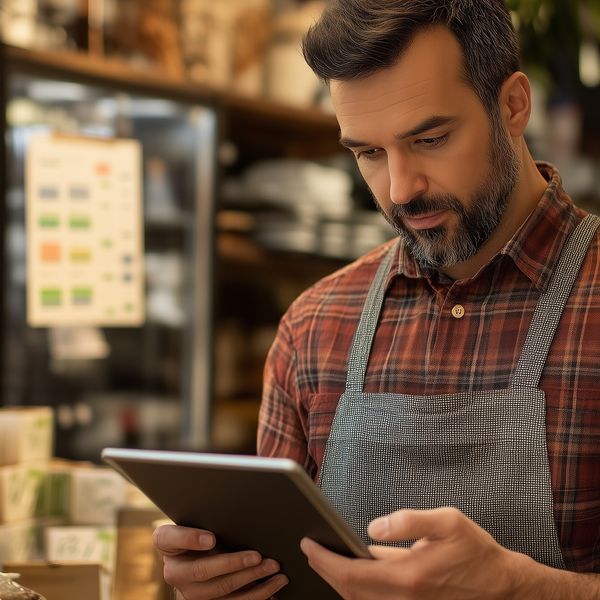Using Personal Assets for Business Has Its Advantages
Before you start shopping for office furniture and equipment for your business, take some time to assess what you already own, because some of it might serve your needs just fine.
You can frequently find usable office furnishings in the form of seldom-used chairs or dusty floor plants that are cluttering up your home. You may also find that certain small appliances, such as your previous answering machine, can suffice for a few months and save you some money. It is also common for new small business owners to bring their personal laptop to work. In a one-person operation, you may even use your personal cell phone and car to avoid incurring added expenses.
Money is often tight in the early stages of a business, and your goal as a small business owner is to scrutinize all expenses and spend wisely. After all, the more money you save, the more money you can put toward generating increased sales, to expanding your inventory, to promoting and marketing your company, and to building your resources.
By growing your business with the use of personal assets, you might be able to avoid taking out loans or lines of credit, and you'll also qualify for additional deductions on your tax returns. Let's say that 50 percent of the time that you're driving your own car you're doing so for business purposes. That means you can deduct half of its overall usage. If you drive 5,000 miles in a given year, and 2,500 of those miles are business-related, you can deduct 2,500 miles at 55 cents per mile (IRS mileage rate as of January 1, 2009) or $1,375.00. The same 50 percent deduction would hold true for motor oil and other auto expenses, including tune-ups, tires, repairs, et cetera.
You can deduct for depreciation as well, and not just for your car. By looking up the fair market value of, say, your laptop, you'll also find the amount allowed on the depreciation chart based on that value. If your laptop is now valued at $800, and the allowable deduction is $300, you could claim a $300 deduction, provided that you're now using the laptop solely for business. If you still use it 25 percent of the time for personal reasons, you could only deduct $225, which is $300 less $75 (25 percent) for personal use.
Personal assets are also used in business for the sake of familiarity, particularly in regard to computers, computer software, and technical equipment. The hours it takes to learn and adjust to new software programs will eat into your valuable time, which you might better be able to spend marketing and promoting the business. In the long run, using personal assets can buy you additional time to grow the business. It can also prove advantageous in situations where business is dropping off, or when you're going through a slow period.



